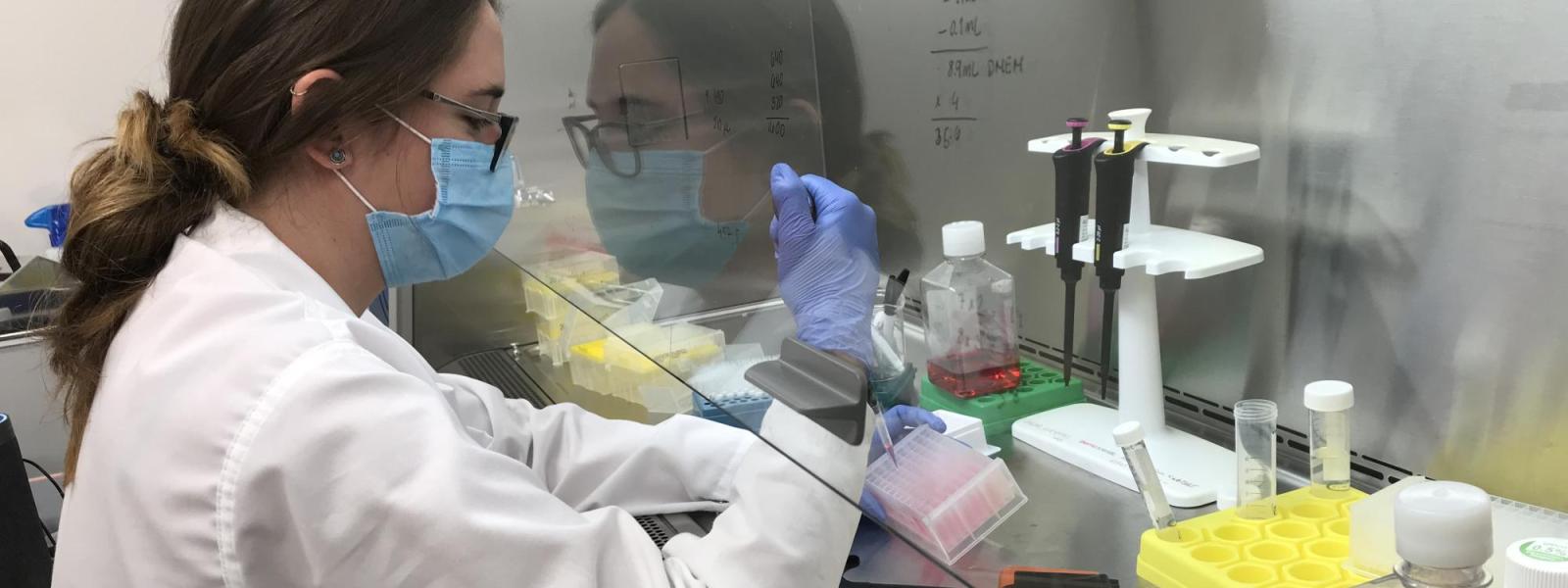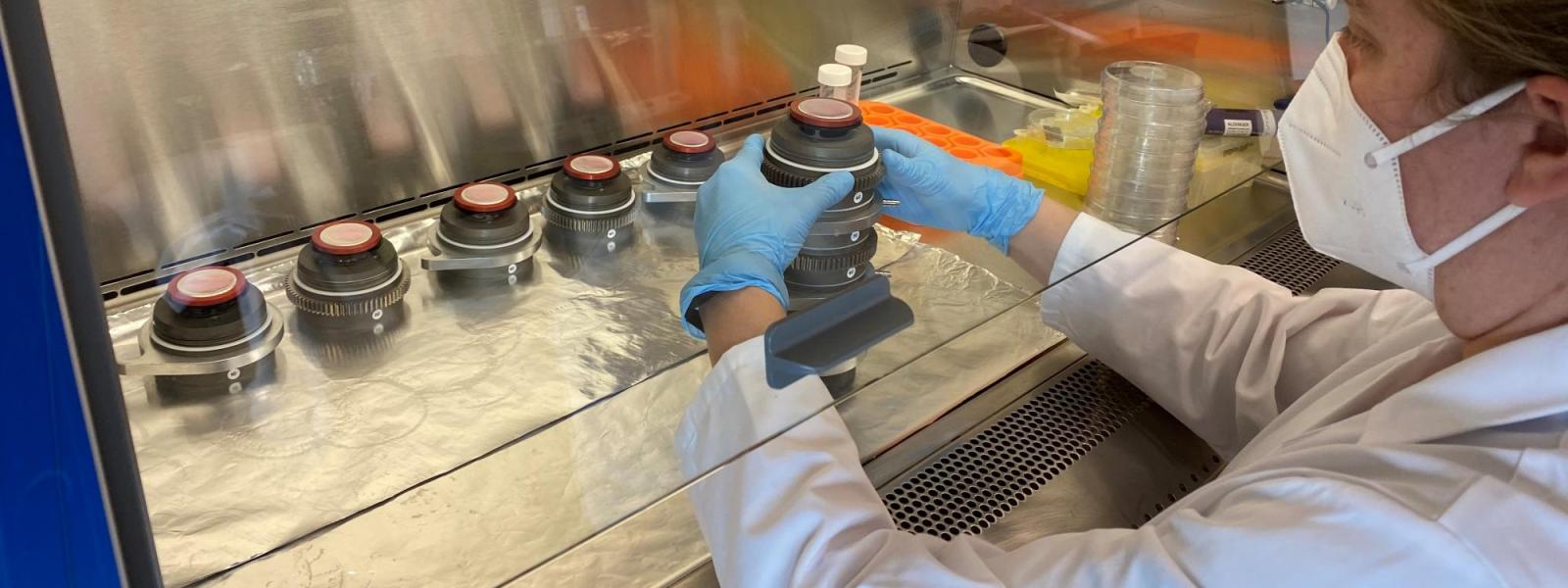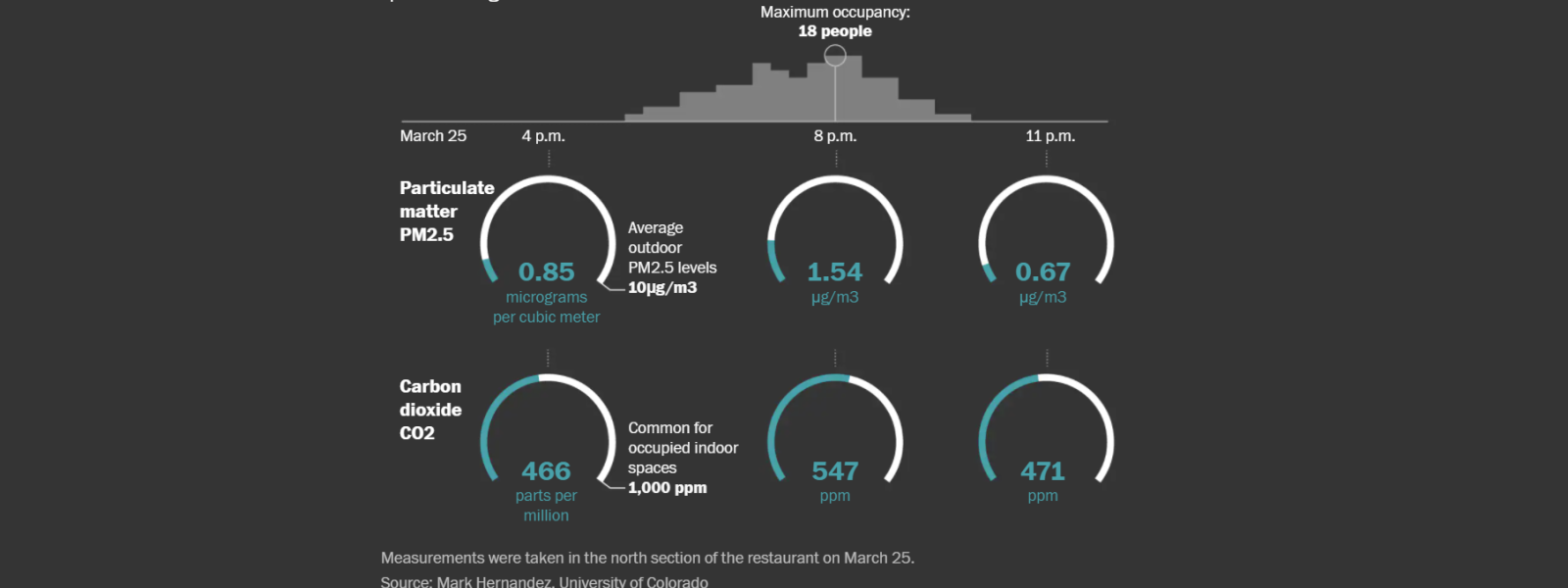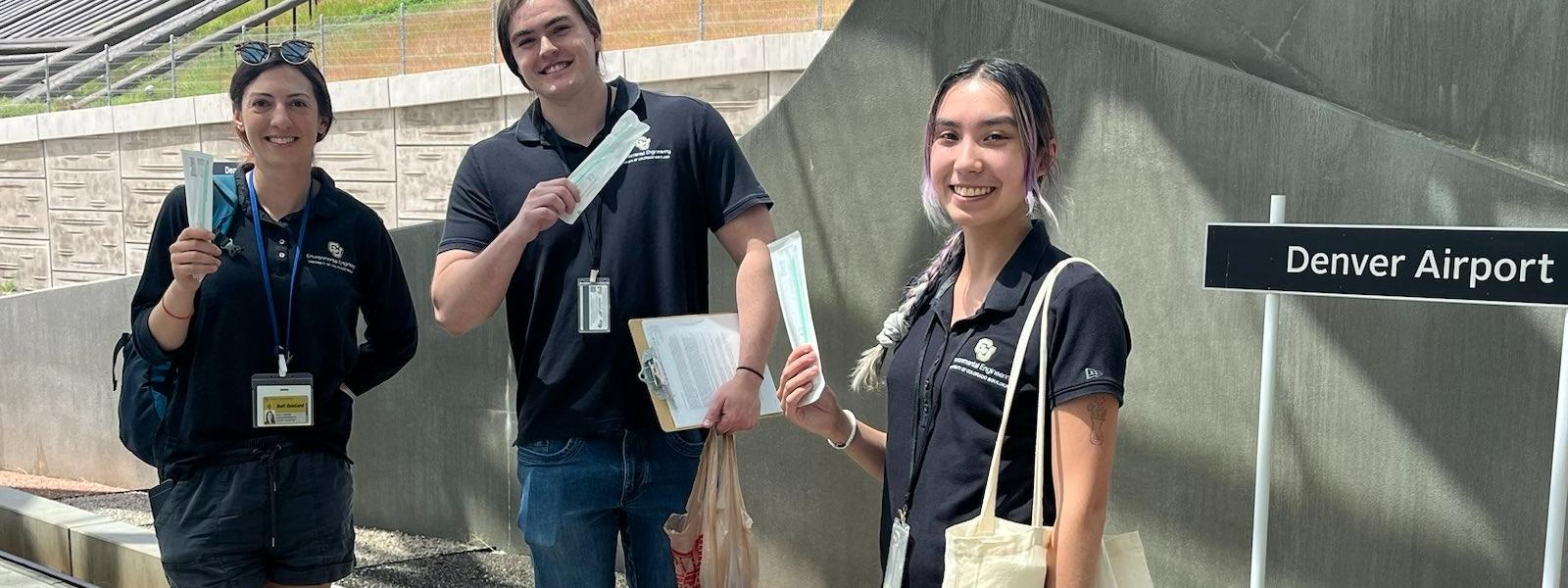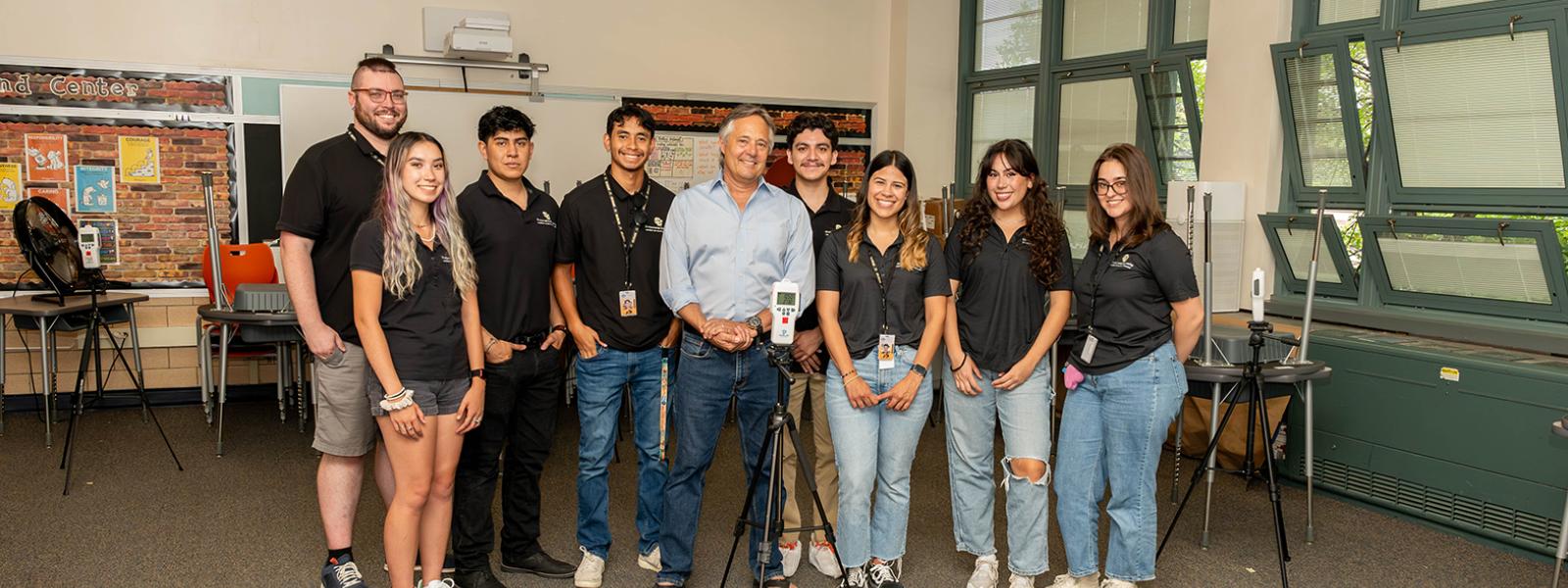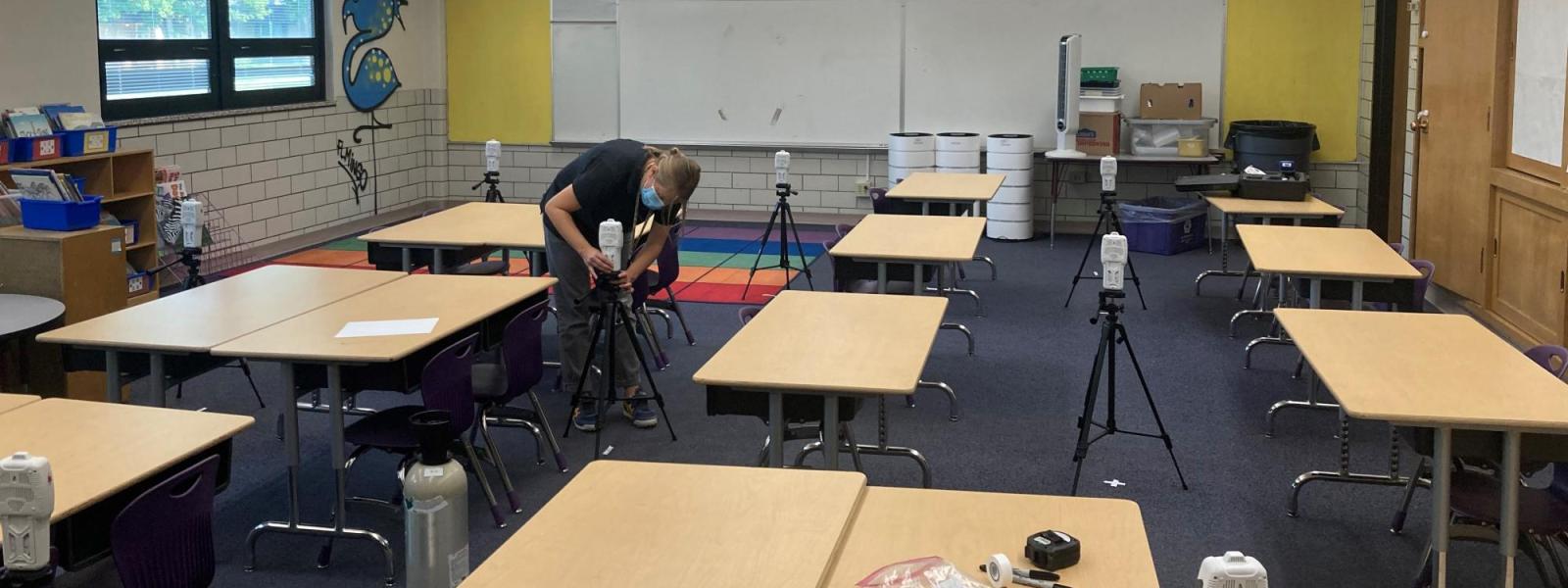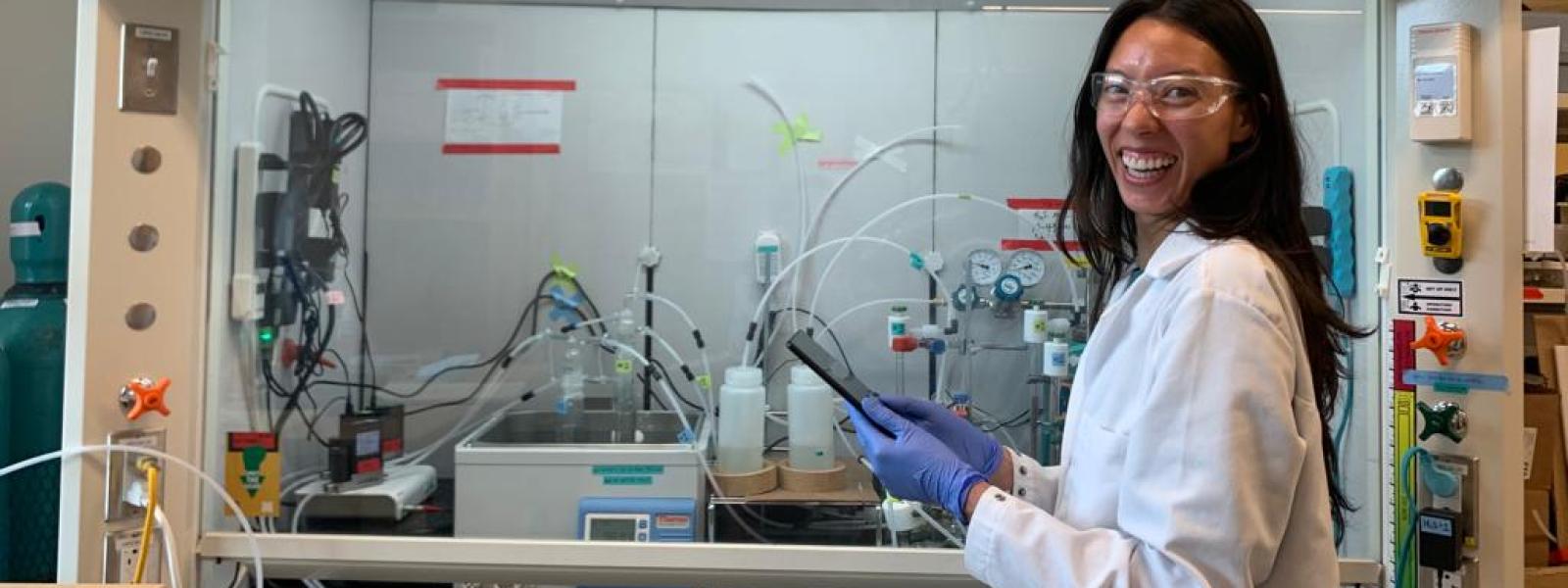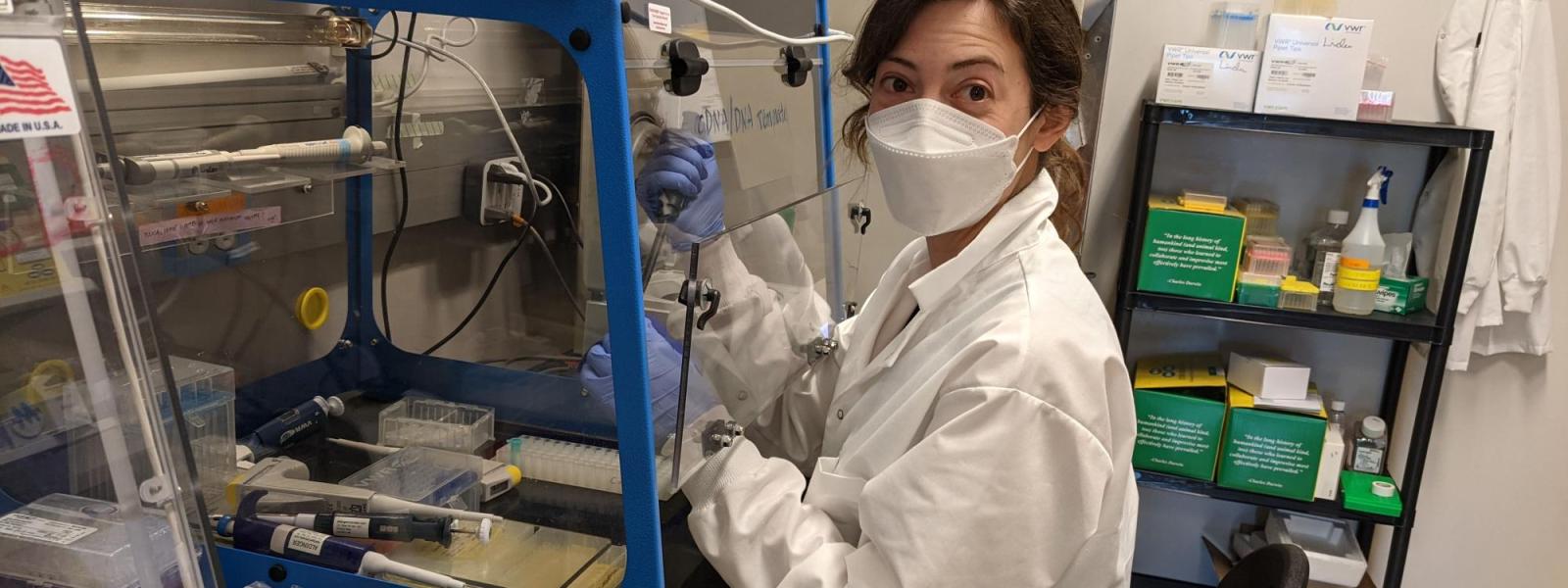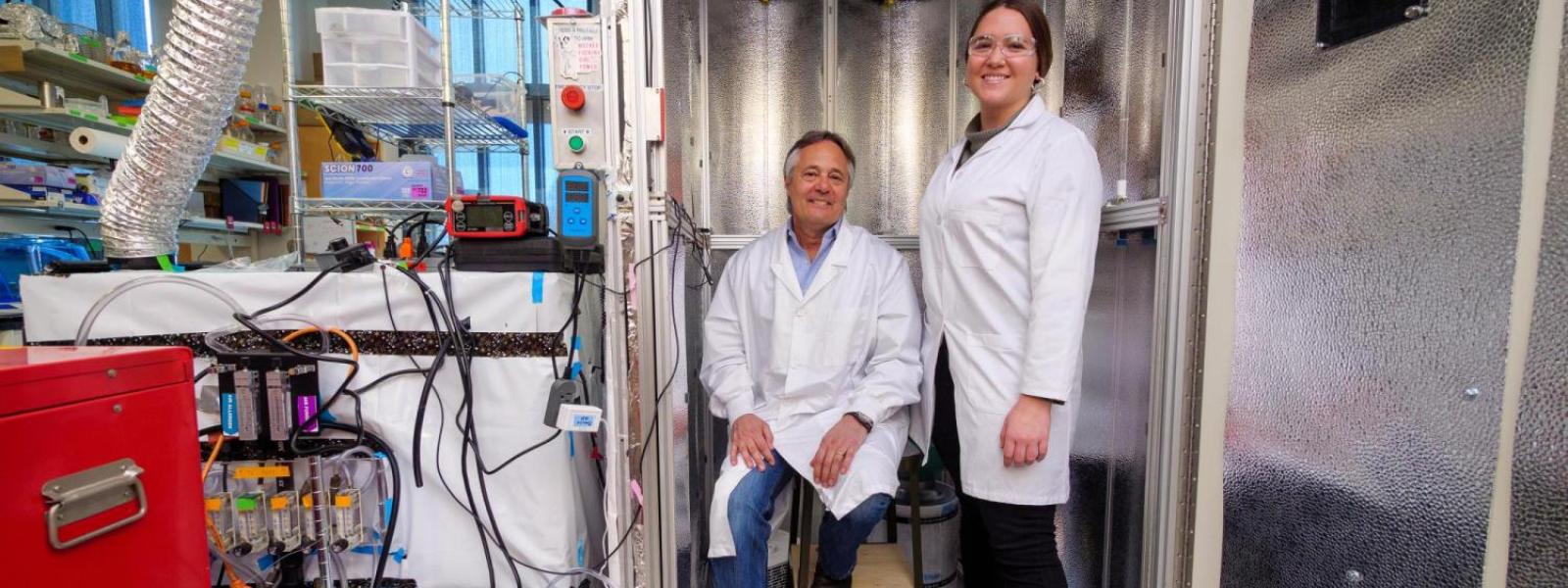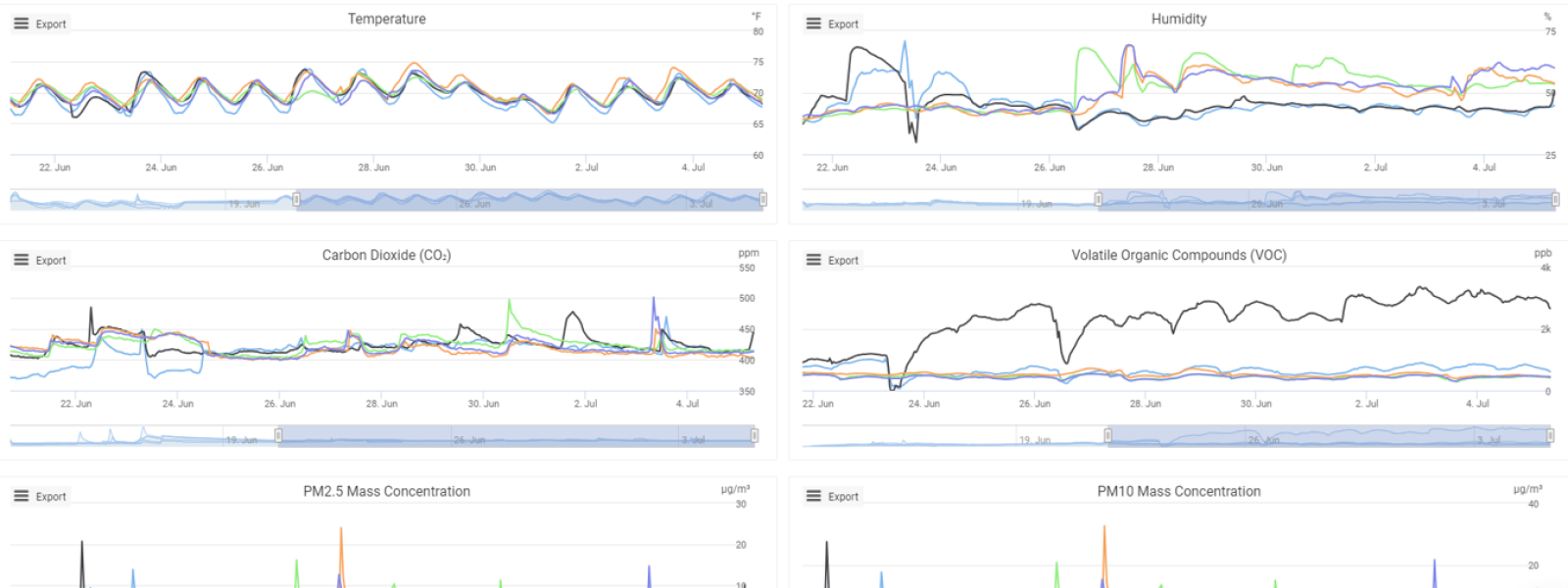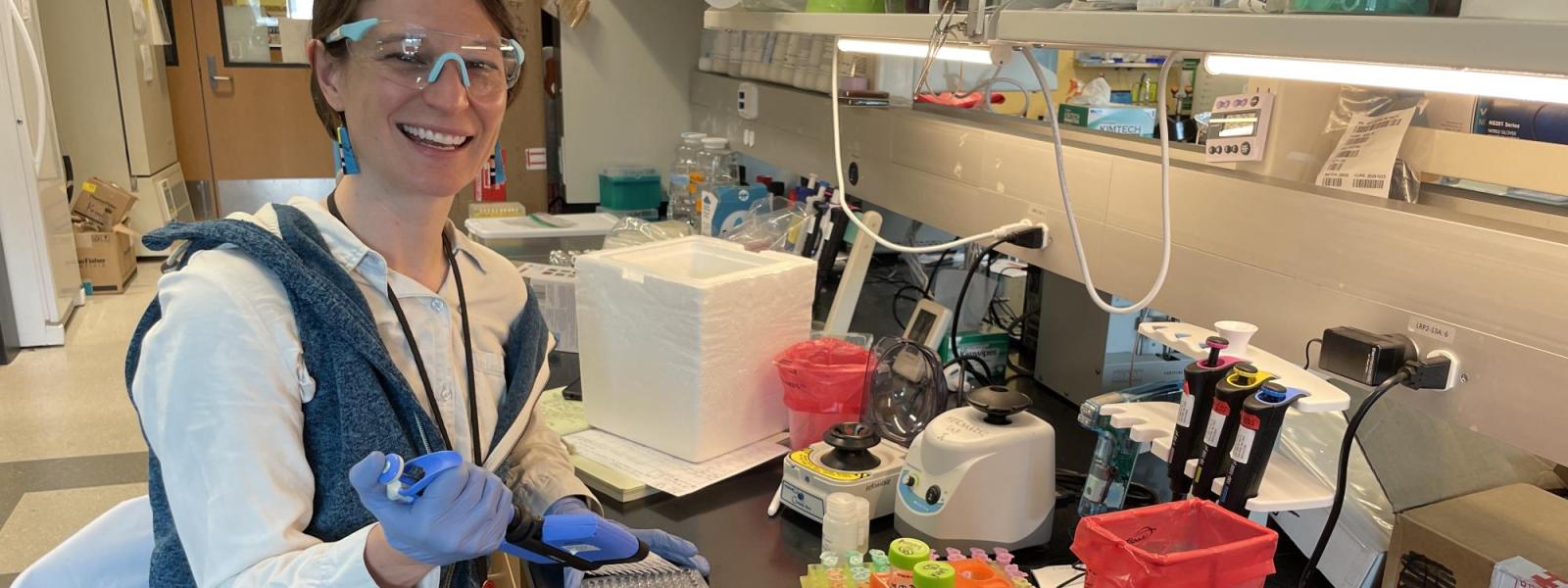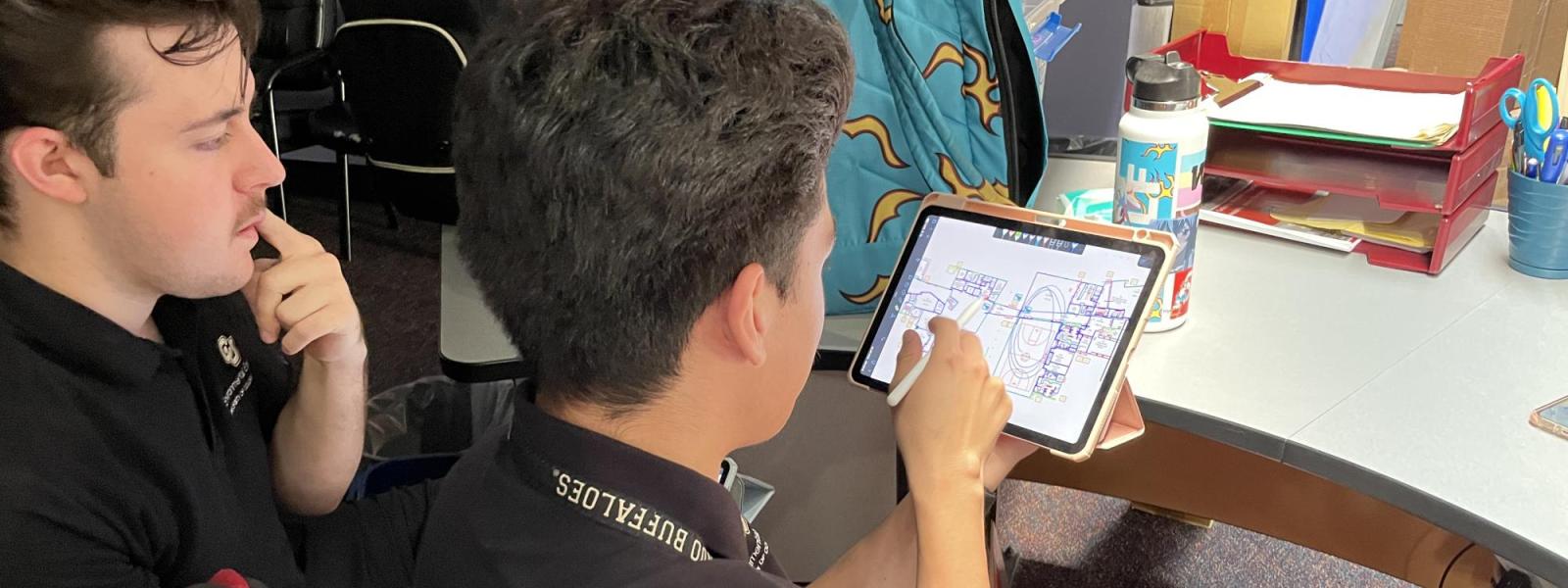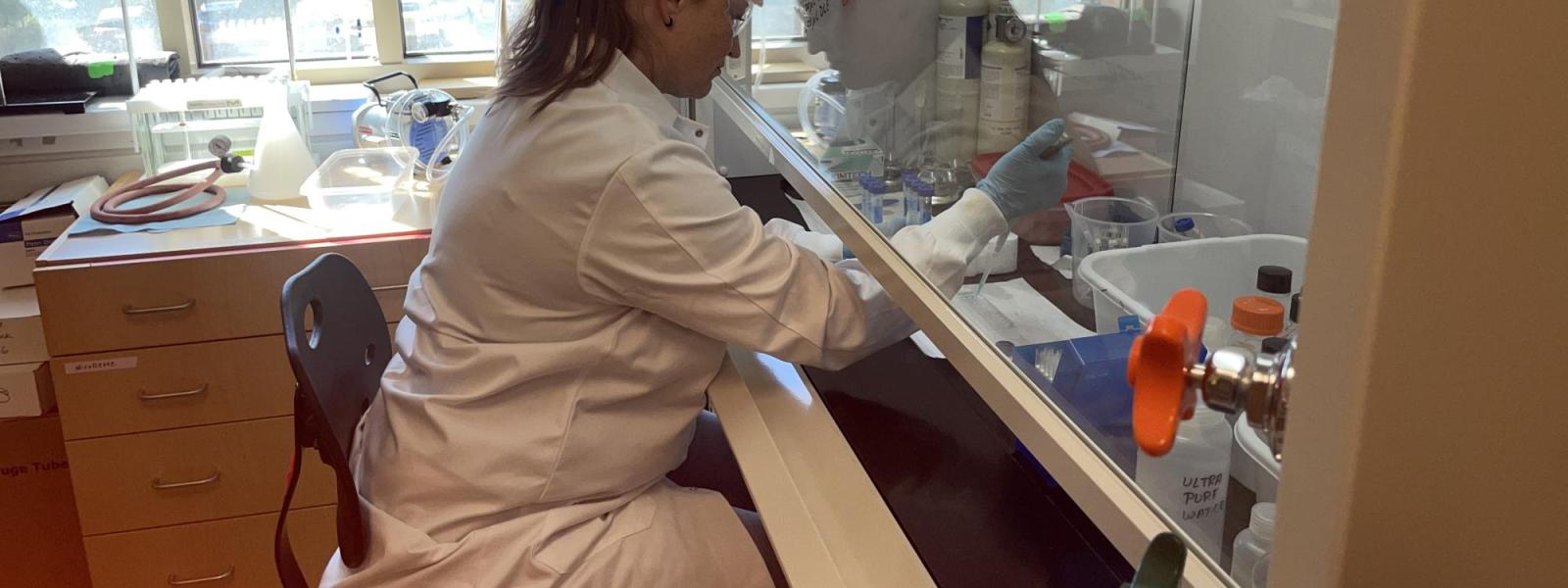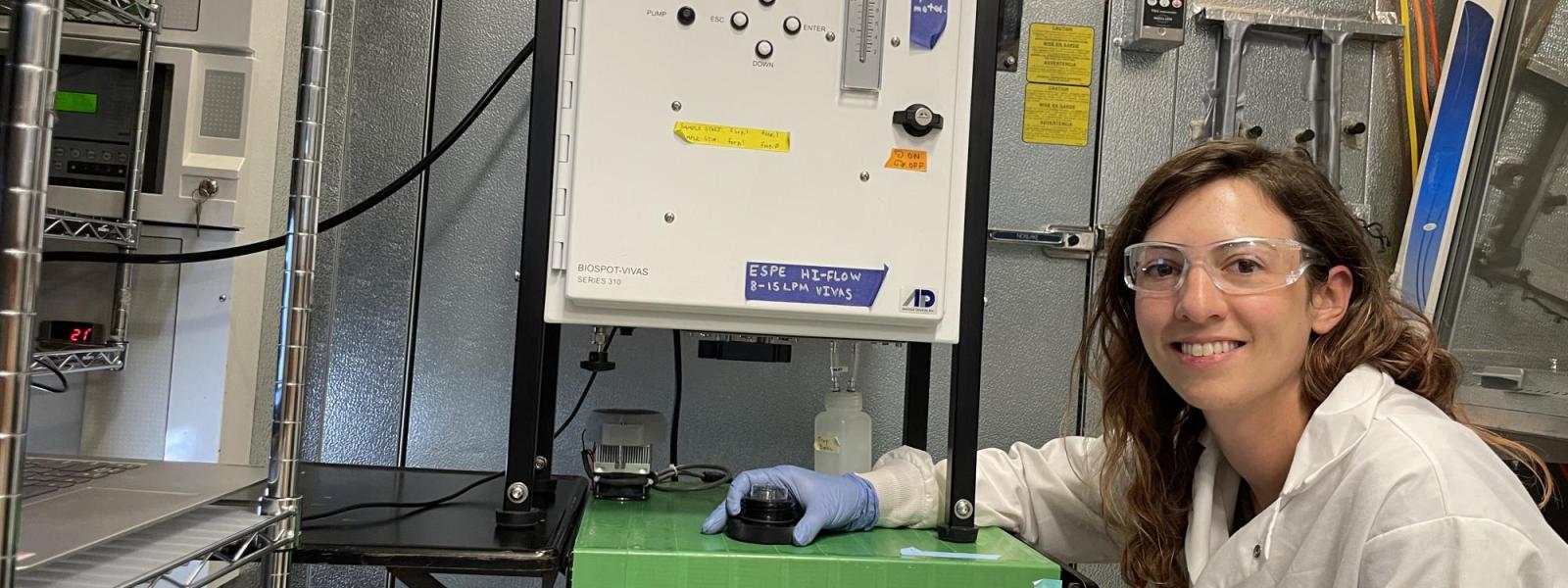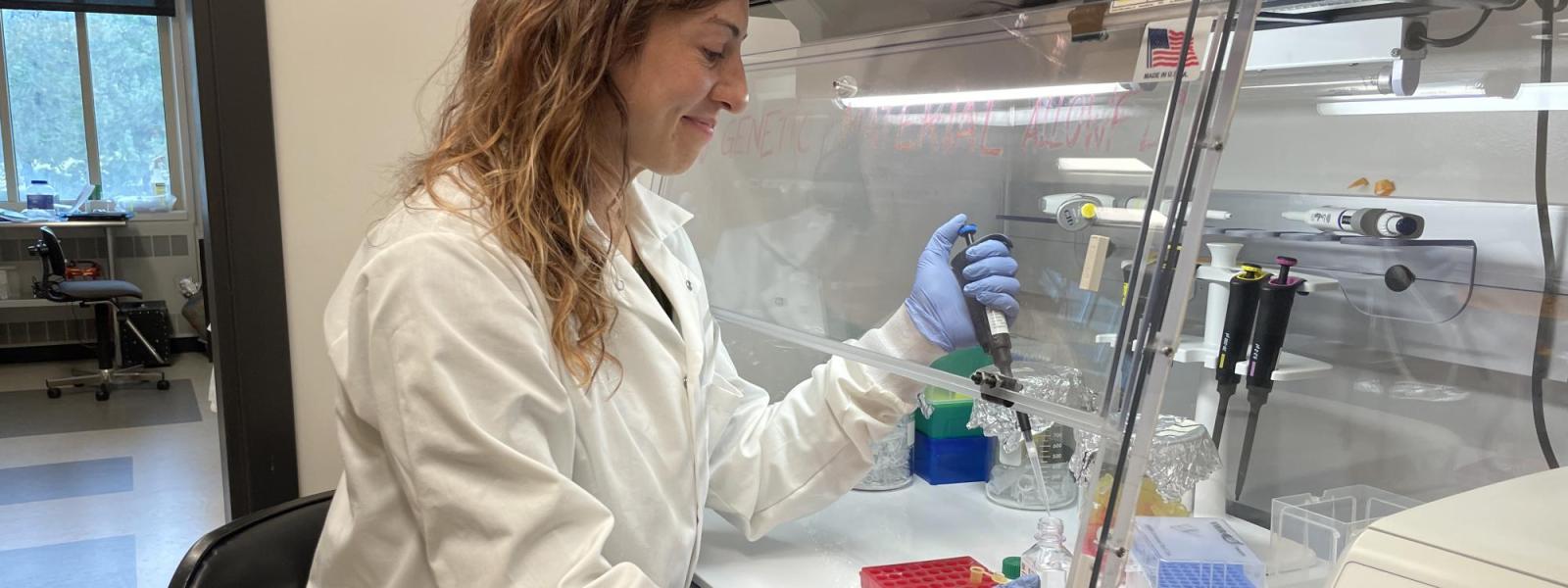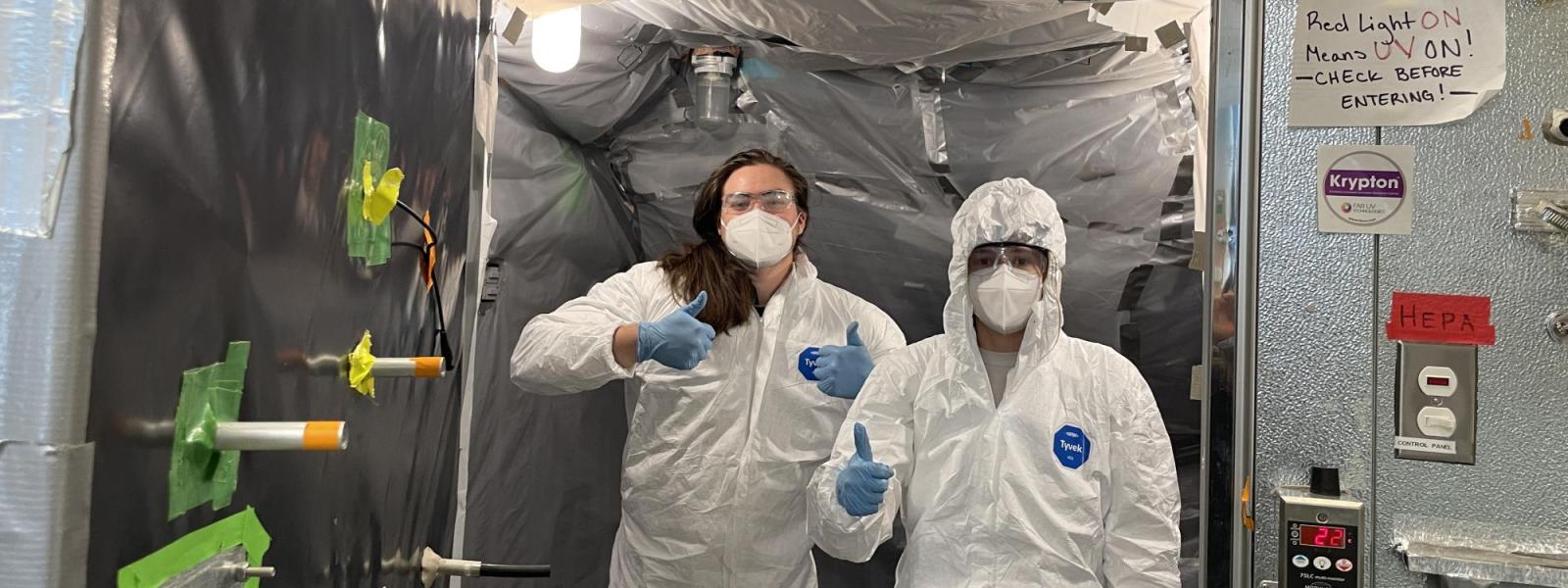Test1
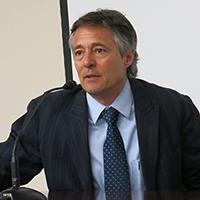
Mark Hernandez is the S J Archuleta Professor of Civil and Environmental Engineering; he directs the Aerobiology and Disinfection Lab at the University of Colorado. This lab focuses on the characterization and control of microbiological air pollution and microbially induced corrosion. The lab develops genetic, biochemical and toxicological techniques to assess the efficacy of engineering interventions in sectors of sanitary engineering and industrial hygiene that are relevant to environmental health. There is special focus on aerobiology science for wide-area surveillance, indoor cleaning technology and the design of aerosol disinfection systems in the built environment. Get a quick overview of our work in Google Scholar
The Hernandez lab is optimizing large-scale aerosol disinfection systems and commercial cleaning protocols in ways that help mitigate the persistence of Coronavirus in the built environment.
With 25 years of research experience on the characterization and control of airborne microorganisms, the Hernandez lab has most recently been monitoring aerobiology in metropolitan mass transit systems around the world as well as in our local public schools.
After the pandemic surfaced in Wuhan, hospitals and industrial partners (Aerosol Devices, Clorox, Carrier, Denver Children's Hospital, Detection Tek, Reckitt Benckiser, and Tito's Handmade Vodka) approached the Hernandez lab to support disinfection and CoVID characterization studies.
We use classic methods for culturing mammalian viruses as well as emerging instrumentation from the Colorado tech sector to characterize the identity, distribution and infectious potential of indoor airborne microorganisms - notably including Coronavirus.
Dr. Hernandez has focused graduate and undergraduate recruiting efforts on students who are disabled or from socioeconomic groups that have been traditionally underrepresented in engineering education. We are a majority minority lab and everyone is welcome.
Graduate Students - Out of a total of mentees, the pool of graduate students and post-doctoral fellows formally mentored by Dr. Hernandez as a primary advisor includes women, and underrepresented students . Of these, 6 are tenured engineering faculty at the following institutions: Yale, Cornell, Boston University, Ohio State, Jordan University of Science and Technology, Shanghai Pudong University.
Undergraduate Students- Out of a total of 50 students, the pool of undergraduates formally mentored as an internship advisor includes women, and underrepresented students. Of these, more than 60% have gone on to complete a STEM graduate degree.
Learn more about his work to broaden participation in engineering education.
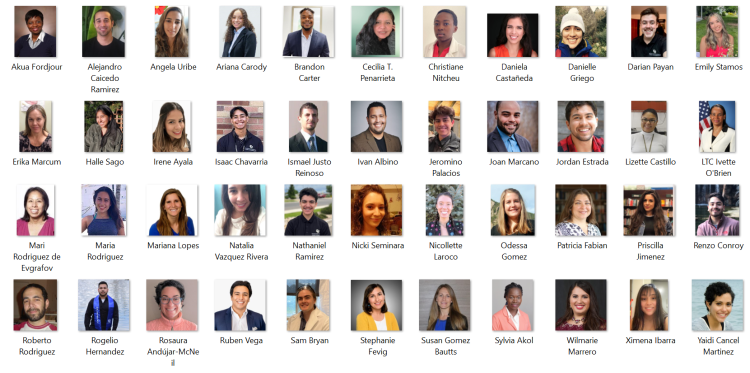
- Toxicology, biochemistry and disinfection of aerosols
- Characterization and control of fomites
- Acidogenic microbes in wastewater and petroleum transport systems
- Antimicrobial cements and steel alloys
- Upcycling industrial by-products: heavy metals and slags
- Enhancing energy recovery from anaerobic digestion
- Next generation deicing fluids
The Environmental Engineering Microbiology & Disinfection Laboratory would like to thank the industrial partners and sponsors who have made the research possible:



